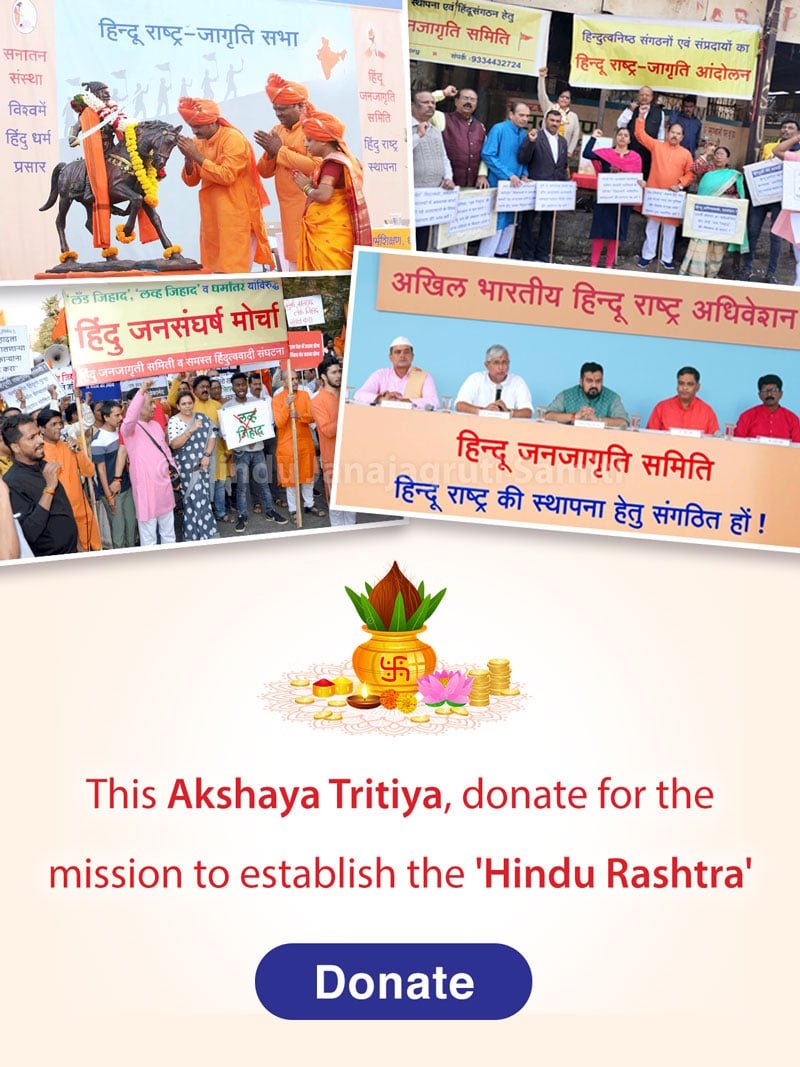
In better days, the temple boasted a membership of 200 families. It had lost a few members when the Sri Veera Venkata Satyanarayana Temple, a temple catering to the area’s South Indian population, opened in 1994 in nearby Kenner, La., but it persevered. Hundreds of devotees, mostly Gujaratis and other North Indians, would turn out in full form for major poojas and important festivals. In 2003, devotees raised over $100,000 to refurbish the temple and to purchase a new altar and religious idols from India.
On Aug. 23, 2005, everything changed. Not much besides the precious altar, and the idols of Ganesha, Rama, Krishna, and Mahavir, were spared the wrath of the storm. The temple, located in hard-hit Metairie, La., was mired in two to three feet of floodwater for over a week. High winds tore off the roof and caused part of the ceiling to collapse into the main hall. The air conditioning and heating systems were completely destroyed, as were light fixtures and electrical circuits. The brick wall that surrounded the compound collapsed.
"It was like a war zone, to put it mildly," temple manager Sid Munshi told India-West.
"Words can’t describe this catastrophic event. One has to come to New Orleans and witness the large-scale devastation in our community to realize the true impact on our lives."
By dipping into its coffers and procuring donations from Rajan Joshi of Richmond, Ky., and Dilip Shah of the Dallas Hindu Temple, among others, leaders of the Hindu Temple of New Orleans were able to drum up $60,000 for repairs. Members from the local community managed the renovations on a day-to-day basis, getting bids for a new roof and new walls, and overseeing their construction. To date, the roof, the moldy inside walls, and the outer brick wall have been replaced.
According to Munshi, another $50,000 will be required to make the temple functional for devotees and inhabitable for a resident priest. None of the kitchen appliances are in working order, and the community hall, the dining area, and the main hall are still in shambles. It will require another $10,000 or so, Munshi said, to refurbish the temple to its "pre-Katrina" state. "Local labor and material is in short supply," Munshi explained. "Everything is skyrocketing, and the increased energy cost is not helping us either."
According to Munshi, the reconstruction process has been slow partially because temple leaders and devotees were forced to flee to various parts of the U.S. when Katrina hit, and many have been slow to return. "We missed the opportunity to point our need out to the Indian community," Munshi told ‘India West’. "The right time to announce that we need money, we weren’t here. We had all scattered. Even I had moved to Atlanta. Our treasurer went to Mississippi."
The temple received no aid from the Federal Emergency Management Agency, and Munshi said he does not expect to in the future. "The government doesn’t help religious organizations," he said. "We couldn’t even find the channel to obtain money they kept giving us the runaround. Finally, we gave up."
Temple organizers then turned to various non-governmental organizations, hoping in vain for a better reception. "Share and Care Foundation [a non-profit philanthropic organization started by Indian Americans] totally turned their backs on us," Munshi told ‘India West’. "We also wrote to ‘India Abroad’ and to some of the politicians from the consular office. None of them did anything."
All other avenues exhausted, Munshi and his compatriots realized that the temple’s survival depended on out of state donations by private individuals. "Locals are giving, but they have their own houses to take care of," said Munshi. "Either they just haven’t returned, or their houses have been totaled, or they are dealing with $60,000, $70,000 or $80,000 worth of damage. During this bad time, I hate to ask them for more money."
"We raised money for others," Munshi told ‘India West’, referring to the hundreds of thousands the temple raised for victims of the World Trade Center attacks, the Ahmedabad earthquake, and the Southeast Asian tsunami. "Why can’t they do it for us?"
He complained that, too often, when Indian Americans do make donations, they give to large, well publicized organizations like Red Cross and BAPS Care International. "Money channeled through big organizations hardly ever reaches a small Indian organization," Munshi lamented.
He suggested that Indian Americans come together to establish a national database of community leaders living in major U.S. cities, strictly for the purpose of mobilizing disaster relief efforts.
"When we were suffering, no one stepped forward from any part of the country and showed their support," Munshi said. "It is not only financial needs that I’m talking about. There are many ways our community could have shared our grief and pain. No politician from Washington or New York came forward to see what we have suffered and lost."
"I believe," concluded Munshi, "we were forgotten."
Donations for the repair of the Hindu Temple of Greater New Orleans should be mailed to: Hindu Temple of Greater New Orleans, c/o Siddharth Munshi, 55 English Turn Drive, New Orleans, Louisiana 70131.
news.newamericamedia.org

